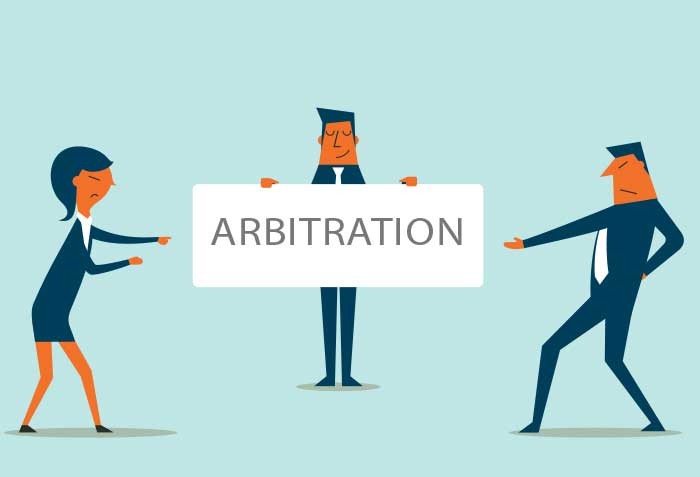The Role of Laotian Lawyers in International Commercial Arbitration
By Xaypaseuth Phomsoupha
Solicitor-at-Law
In the context of international commercial arbitration, parties based in the Lao People’s Democratic Republic (Laos) face a distinct set of legal and procedural challenges when participating in disputes governed by UNCITRAL Arbitration Rules or other institutional rules, such as those of the SIAC, HKIAC, or ICC. Whether acting as claimant or respondent, a Laos-based party is strongly advised to engage a Laotian-qualified lawyer as part of its legal team. This engagement is not merely ceremonial—it plays a strategic and essential role in ensuring the success of the arbitration.
A Laotian lawyer serves as a critical bridge between the international arbitration framework and the domestic legal context of Laos. One of their primary responsibilities is to assist the legal team in gathering, verifying, and interpreting information sourced from Laos. Given that much of the relevant evidence and documentation may be in the Lao language, the lawyer ensures precise translation and contextual accuracy. This is vital in preventing the loss of nuance or substance when pleadings are prepared in English or other working languages of arbitration.
Beyond linguistic and evidentiary support, Laotian lawyers offer in-depth insights into Lao law and its application in an international context. They offer jurisprudential analysis grounded in local statutes, as well as guidance on how international conventions—such as the New York Convention 1958, the UNCITRAL Model Law, and treaties under the auspices of UNIDROIT or HCCH—apply within the Lao legal framework. In arbitral hearings conducted outside Laos, they may also assist clients in presenting evidence, responding to cross-examination, and even serving as experts in Lao law, particularly for clients unfamiliar with international proceedings or English-language forums.
An equally important responsibility is the lawyer’s role in verifying the authenticity and legal relevance of Lao-sourced materials, especially in cases involving regulatory issues, official permits, or documents issued by Lao authorities. This becomes critical when parties seek injunctions or raise parallel proceedings involving Lao jurisdiction, where local due diligence and statutory compliance must be meticulously observed. Furthermore, as Laos is not a signatory to the Apostille Convention, documents must be formally legalised through the Lao Ministry of Foreign Affairs or other competent bodies. This formal process underscores the need for a qualified Laotian lawyer to oversee and expedite legalisation procedures.
The lawyer’s contribution does not end with the issuance of the arbitral award. Whether the award is in favour of or adverse to the Laos-based party, enforcement or resistance in Laos requires expert knowledge of both international and domestic law. The Laotian lawyer advises on the recognition of awards under applicable treaties and local laws, addressing issues such as public policy exceptions or grounds for refusal. Where enforcement is pursued outside Laos, the lawyer ensures that all supporting documents are appropriately verified and legalised in accordance with the foreign jurisdiction’s requirements.
In sum, a Laotian-qualified lawyer is not merely a supportive participant but a key legal partner. Their role is indispensable in maintaining procedural integrity, facilitating accurate communication, ensuring legal compliance, and safeguarding the interests of the Laos-based party in both local and international arenas.
